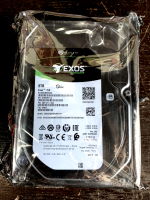Computer accessories SSD and HDD


SSD and HDD
SSD standds for Solid State Devices. HDD stands for Hard Disk Drives.
Advantages and disadvantages of SSD vs HDD
SSD's are electronic non volatile devices which means they will not loose their memory they when powered off. Since they are electronic devices they have no moving parts and silent when comparred to HDDs. This makes them much faster then HDDs too. NVME M.2 SSD's have a Read and Write time of about 3000MB/s where as HDDs have a Read and Write time of 30MB/s to 130MB/s. SATA SSD's, which plug into the HDD connectors, have a read and write speed of about 500MB/s. This means that your C:\ or boot drives are SSDs. SSD sizes range from 120GB to 2TB of memory where as HDD sizes vary from 500GB to 20TB. 1TB is about 1000GB. SSDs normaly have a life expectancy of 5 to 10 years where else HDD's have a life expentency of atleast 100 years to 200 years. This makes HDDs good for save large amounts of data for many years.
One can clone HDD to SSD but you would need specialist software which one can download from the internet. For example you can clone HDD to SSD using macrium reflect. SSD 1TB & 2TB price malaysia is shown below. HDD Malaysian prices are shown below
| 
